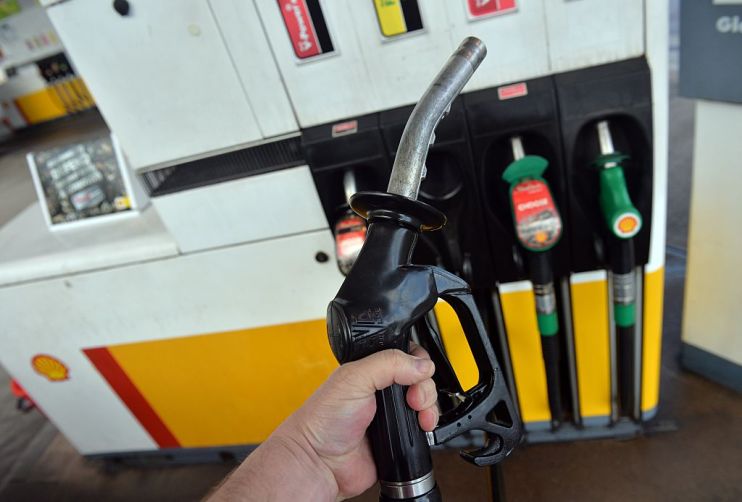Oil prices knock UK inflation rate down to 1.7 per cent in February

UK inflation slipped 0.1 per cent in February to 1.7 per cent, the Office for National Statistics (ONS) revealed today, as oil prices sank.
Falling oil prices helped push the Consumer Prices Index (CPI) UK inflation rate down from 1.8 per cent in January, amid the ongoing coronavirus travel restrictions.
Read more: Oil prices stage a brief rise thanks to Fed’s coronavirus intervention
And gas, electricity, housing and water bills fell 0.03 percentage points to push the UK inflation rate 0.3 percentage points below the Bank of England’s target of two per cent.
UK fuel prices fell dramatically on petrol station forecourts by the start of March as travel restrictions led airlines to cut flights in response to the coronavirus outbreak in February.
More severe measures, including unprecedented worldwide travel bans, came in in March as coronavirus cases in Europe and the US spiked.
However, hotel and restaurant prices inched up to partly offset the drop in UK inflation.
Michael Hewson, chief analyst at CMC Markets, said the huge decline in oil prices seen since February has been the major factor behind the falling UK inflation rate.
“This isn’t likely to move the needle that much when it comes down to how the UK economy is right now,” he admitted. “However, today’s CBI retail sales numbers for March could well signal evidence of a sharp slowdown this month.”
Shoppers panic buying ahead of the government’s decision to tell British households to stay at home was responsible for huge levels of stockpiling at supermarkets.
That has seen UK supermarket sales leap by £470m, Nielsen data showed.
Read more: UK supermarket sales rocket by £470m on stockpiling fears
Household and pet care sales rocketed 65 per cent last week, while sales of dried pasta and tinned food leapt 62 per cent.
That has led supermarkets to change their opening hours to offer vulnerable shoppers and NHS workers exclusive time to get the goods they need. Grocers have also introduced restrictions on how many items people can buy.
But Hewson warned the stockpiling will not save the retail sector from a huge decline in today’s CBI numbers.
“They do need to be set in the context of some panic buying on the part of consumers as toilet roll, pasta and tinned food was stripped from supermarket shelves. Nonetheless we are still expected to see sales [growth] slide from 1 to minus 15 [per cent],” he said.
Johnson has now ordered all non-essential stores to close to try to curb the spread of coronavirus.
Oil prices could hit UK inflation further in March after they collapsed amid a startling price war between major suppliers Saudi Arabia and Russia.